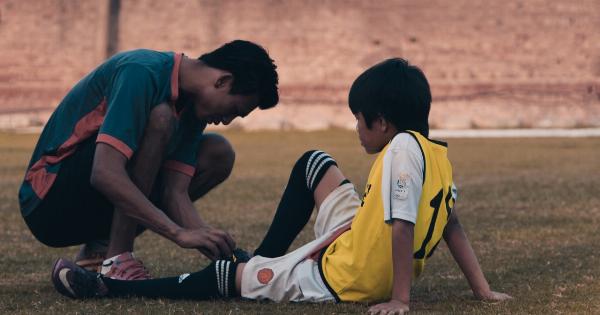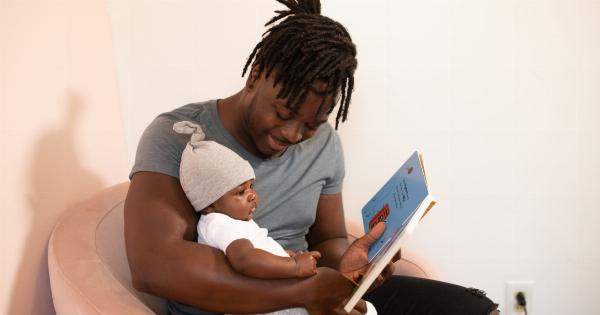Grandparents play an essential role in a child’s life, providing love, support, and wisdom. However, there are instances where grandparents may want to take on a more significant role in the child’s upbringing.
In such cases, it is crucial to understand the legal and emotional aspects involved. This article explores what happens when grandparents wish to keep the child, looking into various factors and potential outcomes.
Legal Considerations
When grandparents express the desire to keep a child, it is essential to understand the legal framework surrounding such situations. The laws regarding grandparent rights and custody differ from jurisdiction to jurisdiction.
In many cases, grandparents may face challenges in obtaining custody unless specific circumstances justify their claim.
Best Interests of the Child
The primary consideration in any custody dispute involving children is the best interests of the child. Courts typically prioritize the child’s physical and emotional well-being when making custody decisions.
While grandparents’ love and involvement can be significant, many factors come into play when determining what is in the child’s best interests.
Relationship with the Child
The nature and quality of the relationship between grandparents and the child hold substantial weight in custody cases.
Courts consider the strength of the emotional bond, how involved the grandparents have been in the child’s life, and whether the child has a significant attachment to their grandparents. These factors significantly influence the chances of grandparents being granted custody.
Parental Rights
One of the primary challenges grandparents face when seeking custody is the parents’ rights. In most cases, parents have the right to make decisions about their child’s upbringing, including who they live with.
Courts are generally reluctant to interfere with these rights unless the parents are deemed unfit or incapable of providing a safe and stable environment for the child.
Dependency and Neglect
In situations where the child’s parents are unable to care for them appropriately, whether due to substance abuse, neglect, or other issues, grandparents may play a crucial role in providing a stable home.
In cases of dependency and neglect, courts may be more inclined to award custody to grandparents if they can demonstrate their ability to meet the child’s needs better than the parents.
Presumption of Parental Fitness
Most jurisdictions operate under a presumption of parental fitness, which means that unless proven otherwise, the court assumes that parents are capable of caring for their children adequately.
This presumption can make it challenging for grandparents to obtain custody unless they can present sufficient evidence to rebut the presumption and demonstrate why they would be a better custodial option.
Grandparent Visitation
In situations where the court determines that granting custody to grandparents is not appropriate, they may consider grandparent visitation rights.
These rights allow grandparents to maintain a relationship with their grandchildren, even if they are not awarded custody. However, visitation rights vary widely depending on the jurisdiction, and proving that it is in the child’s best interests can be challenging.
Potential Outcomes
When grandparents seek custody of a child, several potential outcomes may arise:.
1. Obtaining Full Custody
In exceptional cases where the court determines that it is in the child’s best interests, grandparents may be granted full custody. This outcome usually occurs when the child’s parents are unable to provide a safe and nurturing environment.
2. Shared Custody
In some instances, the court may opt for shared custody arrangements between parents and grandparents.
This outcome recognizes the importance of the grandparents’ involvement in the child’s life while considering the rights and responsibilities of the parents.
3. Legal Guardianship
If the court believes that the parents are temporarily incapable of caring for the child, they may grant legal guardianship to the grandparents.
This allows grandparents to make decisions regarding the child’s upbringing without terminating the parents’ rights entirely.
4. Visitation Rights
If the court determines that granting custody to grandparents is not in the child’s best interests, they may award visitation rights instead. This allows grandparents to maintain a relationship with the child while the parents retain custody.
Conclusion
When grandparents express the desire to keep the child, navigating the legal and emotional aspects can be challenging. Understanding the legal considerations, the best interests of the child, and the parents’ rights is crucial in such cases.
While obtaining full custody may be difficult, grandparents can explore alternatives such as shared custody or visitation rights to maintain a meaningful relationship with their grandchildren.



























